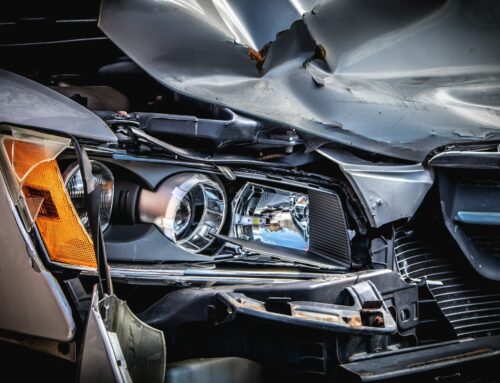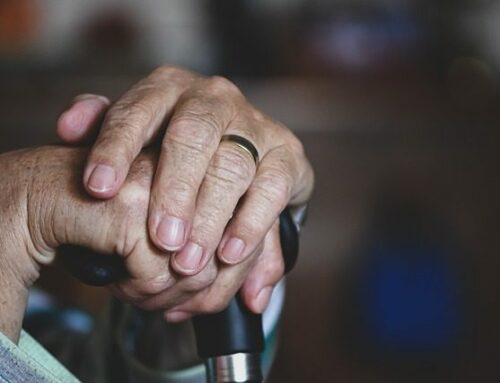Compensation for injuries is often referred to as damages. Damages can be divided into general damages and special damages. General damages is the amount of money to compensate you for the pain and suffering that you have endured as a result of the injury together with compensation for any inconvenience and loss of amenity.
General damages can also be assessed for pain and suffering into the future.
The Personal Injuries Assessment Board has a book of quantum which provided a guideline for the range of values ascribed to particular injuries.
In addition to general damages, special damages may also be awarded. Special damages are items that must be paid to put somebody back in the same financial position that they were prior to the accident or injury taking place. The most common item of special damage claimed by a Claimant is loss of earnings. This would cover past loss of earnings up to the date of the claim and also any future loss of earnings.
Other items of expenditure can also be recovered, for example GP visits, specialist treatment, pharmacy costs, travelling expenses, physiotherapy expenses, nursing care, aids and appliances that might be required as a result of the injury.
It is so important that a Claimant retains receipts for any item of expenditure incurred by them. The Injuries Board and the court require “vouching documentation” i.e. receipts if they are to deal with these expenditure claims.
*In contentious business a Solicitor may not calculate fees or other charges as a percentage or proportion of any award or settlement.
**This information is for guidance purposes only. It does not constitute legal or professional advice. Professional or legal advice should be obtained before taking or refraining from any action as a result of the contents of this publication. No liability is accepted by McElhinney & Associates for any action taken in reliance on the information contained herein. Any and all information is subject to change.













